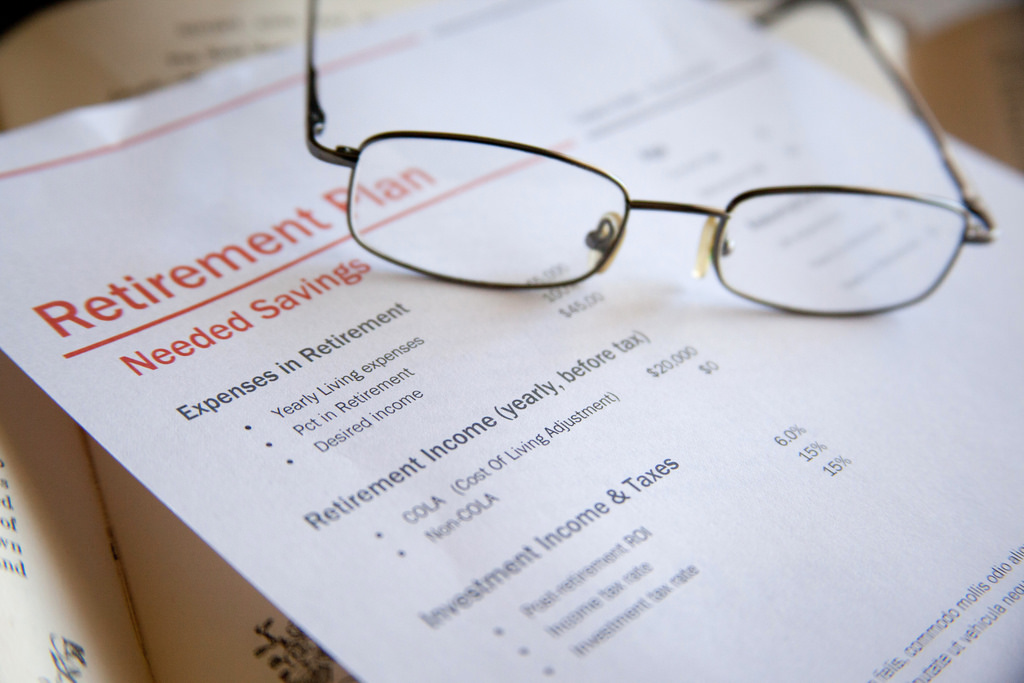Retirement is the time when a person should be free of both mental and financial worries. In fact, it is the only time when a person can be free from doing anything in life. In order to enjoy a carefree retirement life, you should plan your finances well. Below is a brief guide to plan your retirement:
Buy a Home
Many Indians are now preferring to stay in rented homes as they need to move from one city to the other all through their careers. In fact it can even be argued that renting a home is cheaper than buying one due to the lower rental yields in India. But nothing equals the security provided by a home in your retirement. A home gives security in old age when the monthly incomes decline. If you think your children will not stay with you after retirement, you can opt to buy a smaller apartment for a cheaper price.
National Pension system
National Pension System is a voluntary pension system regulated by the Pension Fund Regulatory and Development Authority (PFRDA). Subscribers to NPS need to contribute money every year to their pension funds subject to a maximum of Rs, 25,000 per day. The amount will be invested by the Pension Fund Managers (PFM) into the selected asset class by the investor. The amount will be maintained till the subscriber retires or till the amount is withdrawn prematurely from the account by the investors. PFM manages the funds contributed for a small fees. The returns from NPS are higher when compared with the conventional Provident Fund (PF) as the contributions are invested into securities like equities and bonds. Investors need not worry about investing in NPS that gives market linked returns as money is generally not lost in markets in longer durations. Investments up to Rs. 2,00,000 per year in NPS get tax exemption under Sections 80C and 80 CCD(1b) of the Income Tax Act.
When compared with the regular mutual funds, the main advantage of investments in NPS is the low fund management charges. While most mutual funds charge anywhere between 1 to 3 percent of the invested amount as fund management charges every year, the fund management charges for PFMs is capped at 0.1% per annum. After reaching 60 years of age, 40 percent of the corpus will be used to purchase an annuity which will be used to pay a monthly pension. The rest of the amount can be withdrawn by the investor. NPS provides the benefit of both a monthly pension and a bulk amount like PF at the time of retirement. In view of all these benefits, NPS is now accorded the top place in the retirement solutions by many retirement advisors.
Provident Fund
You can also keep your money in the Provident Funds (either EPF or PPF). A main disadvantage of PF over NPS is that it gives a fixed and lower returns. But PF gives a guaranteed return and tax exemptions. The best alternative is to leave the compulsory PF contributions deducted from the salary every month till retirement in the PF account and investing the rest in market linked investment options like NPS and Mutual Funds. However, due to the growing importance being accorded to NPS by the government, many analysts are opining that PPF may become obsolete.
Buy a Health Insurance Policy
Every person should buy a health insurance policy by the time he reaches retirement. A Health Insurance Policy is a must in older age when the medical expenses could rise dramatically. Since many insurers deny health insurance policies to older people and do not cover preexisting diseases for a stipulated period of time after buying the policy, you should remember to buy a health insurance policy before you reach 50.
Have a Good Bank Balance
Last but not the least, it is very important that you have a good bank balance by the time you reach your retirement. Having a bulk of cash in hand by the time of retirement will help in meeting all the expenses at the time of retirement like your daughter’s marriage. Cash can be accumulated either in Bank Fixed Deposits or Debt Mutual Funds.
Avoid Risky Investments
Never invest your retirement funds in risky options like small and mid-cap stocks/mutual funds. Putting your retirement funds in risky options is like playing with fire as you might end up losing them if your bets backfire. People who opted for riskier investments during their young age should move them to safer options as they approach the retirement age.
Planning for retirement is even more important when most of the people in India are working in the private sector without any assurance of pensions paid by the government.









